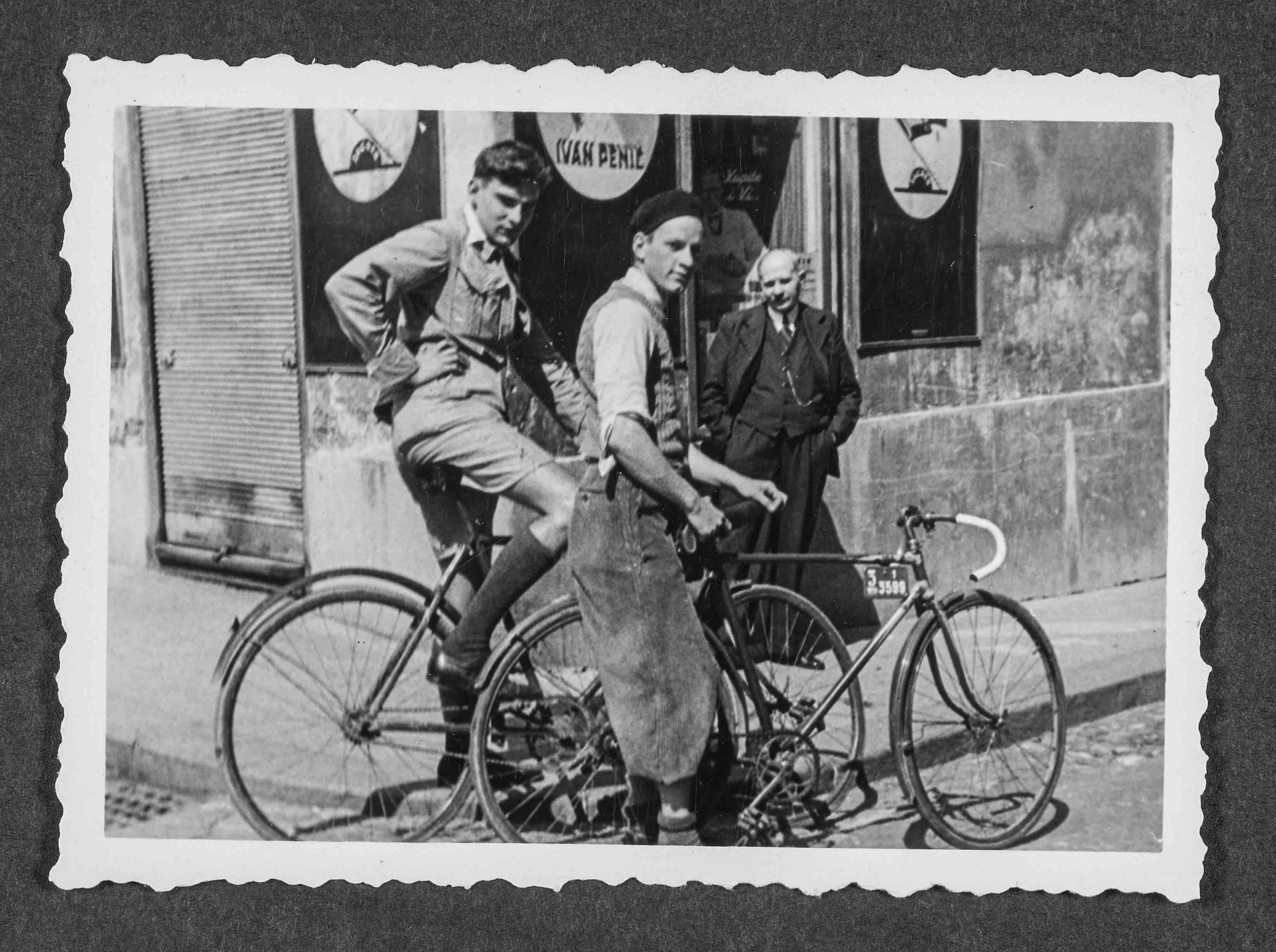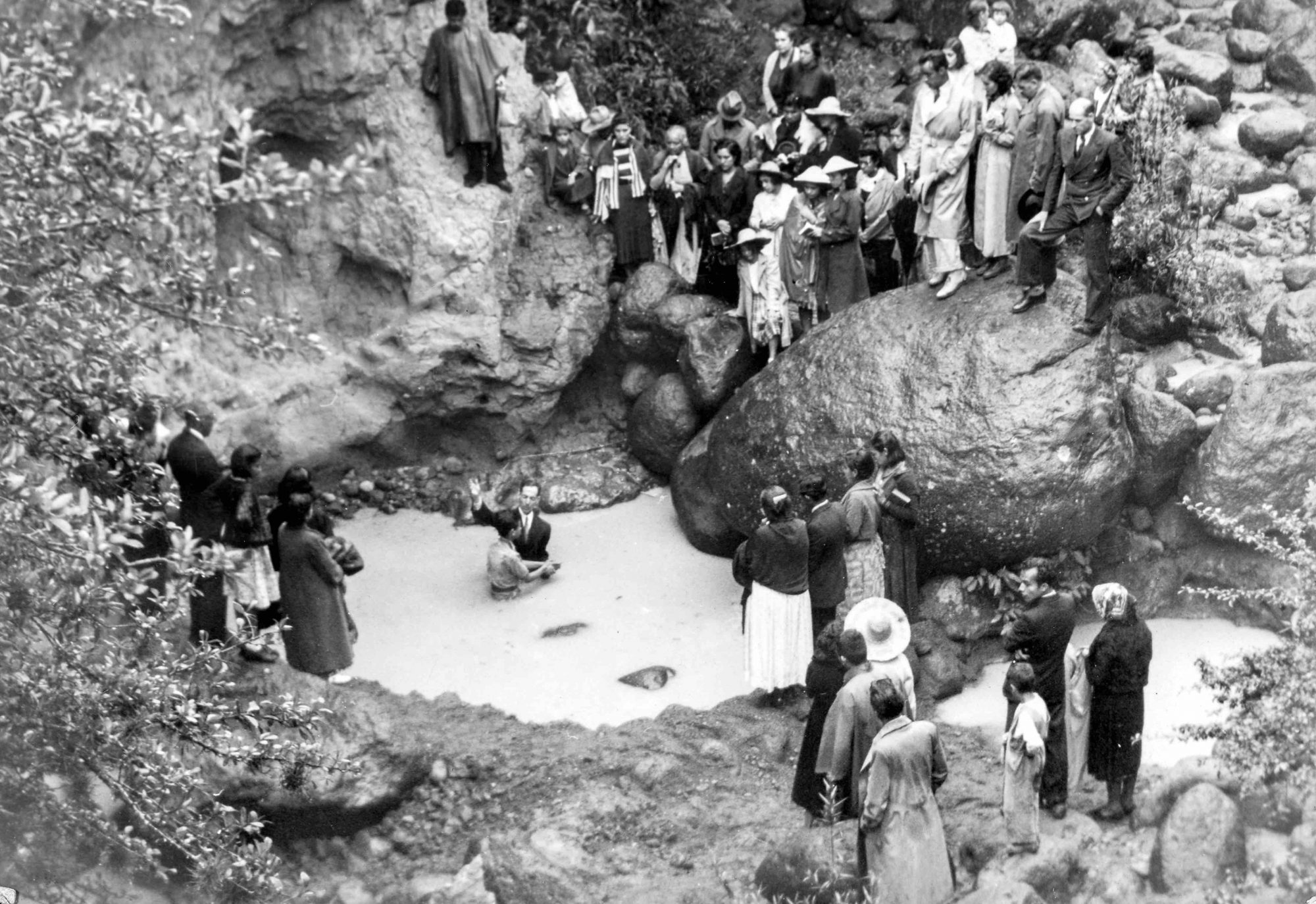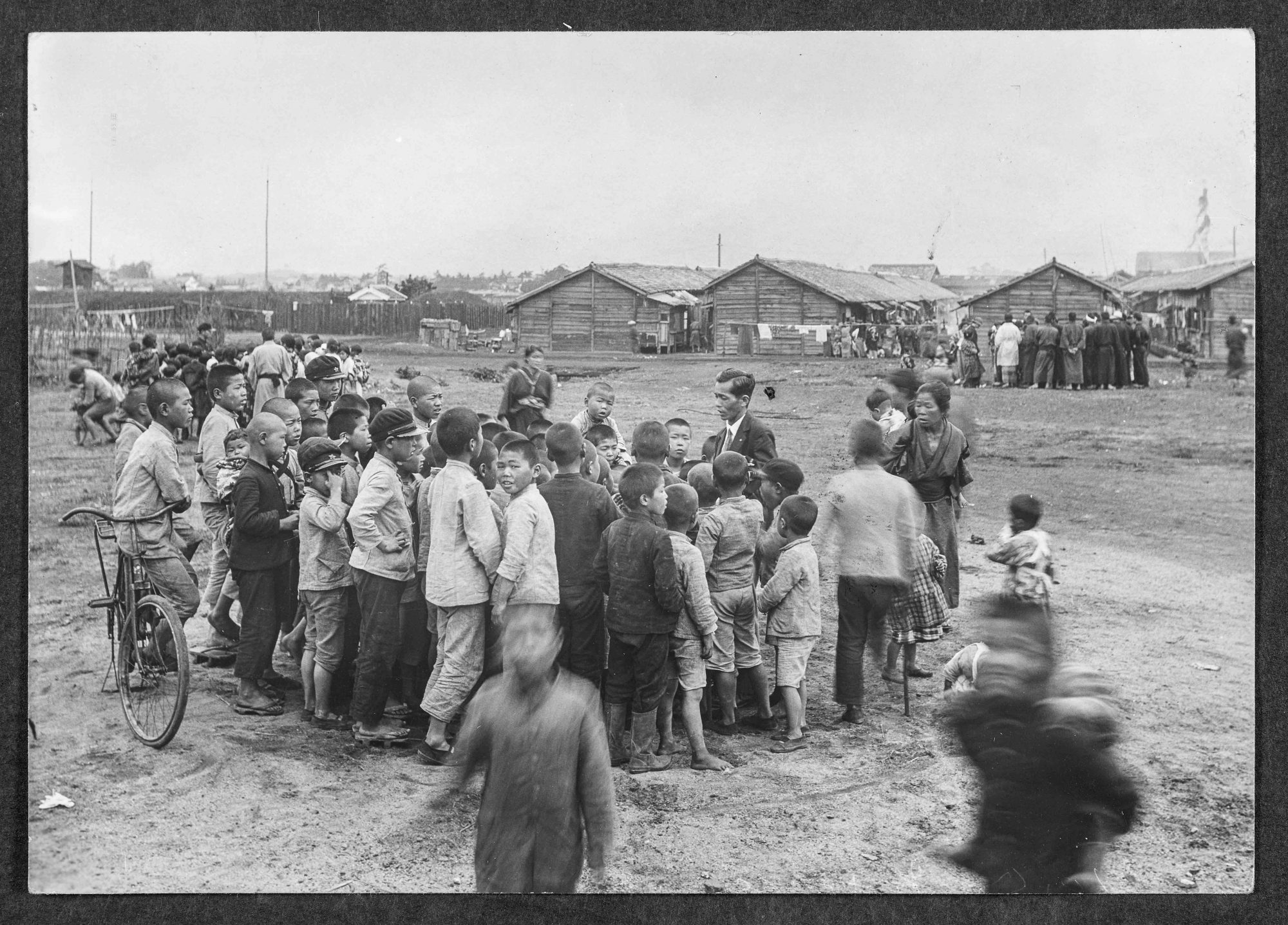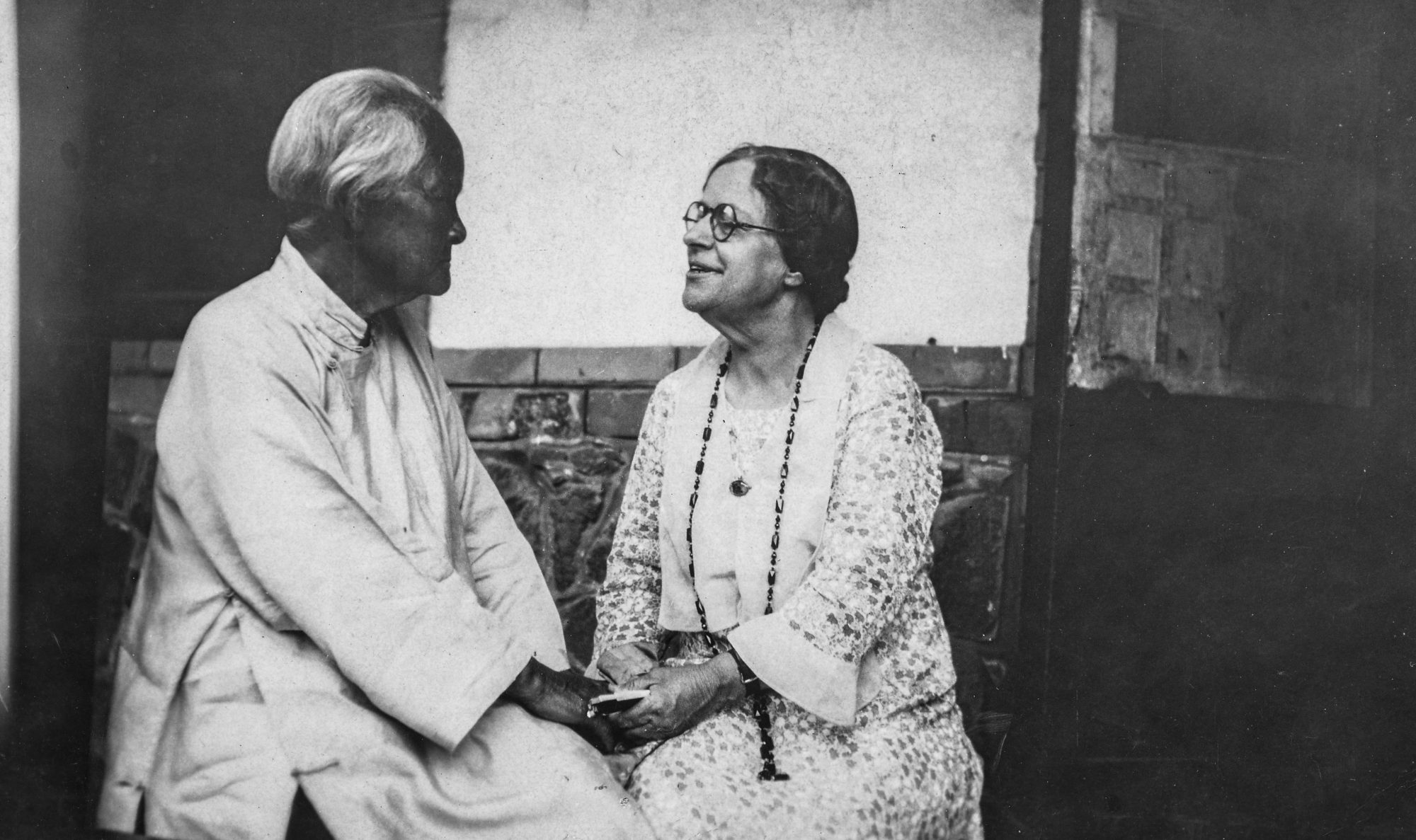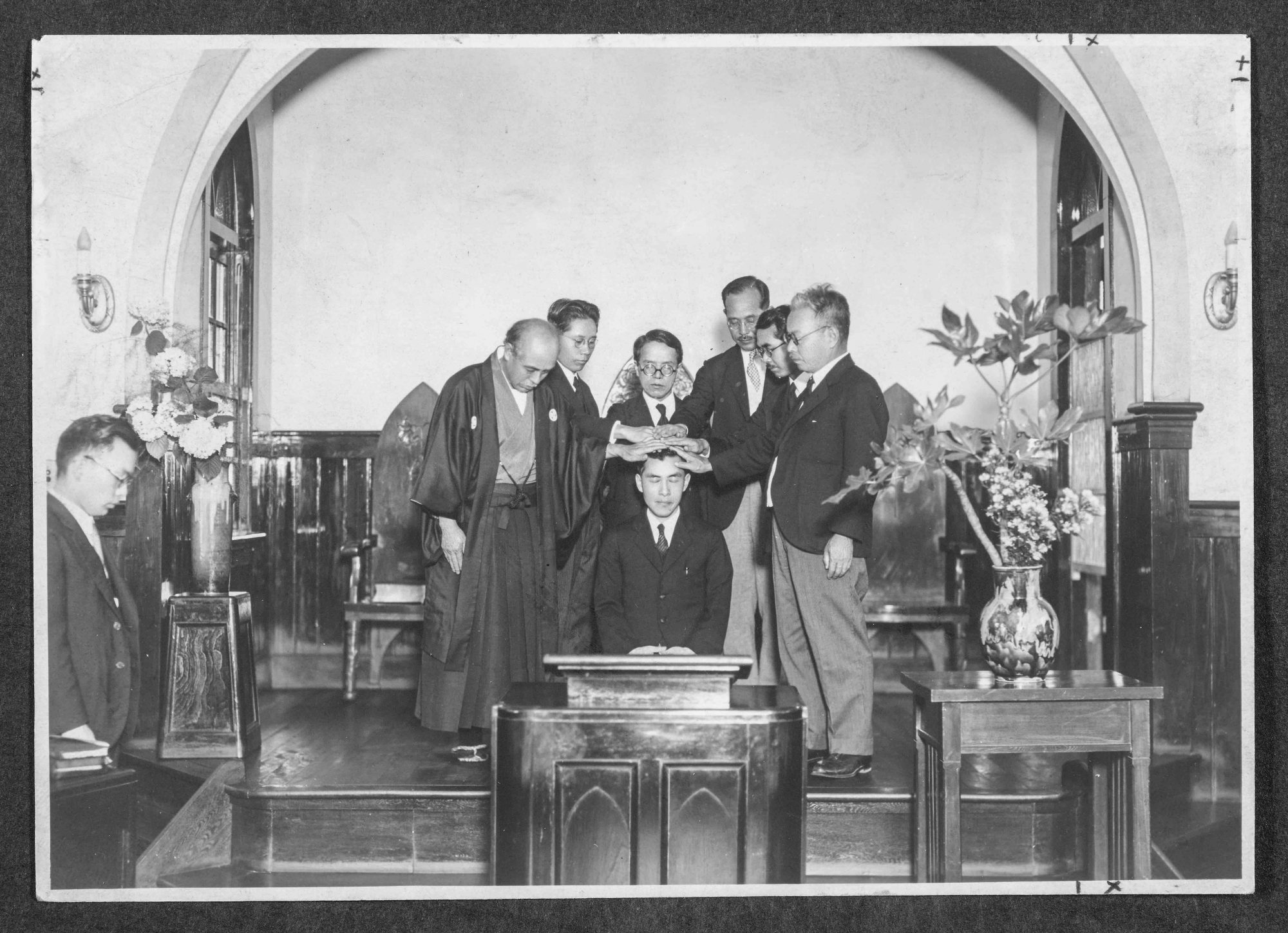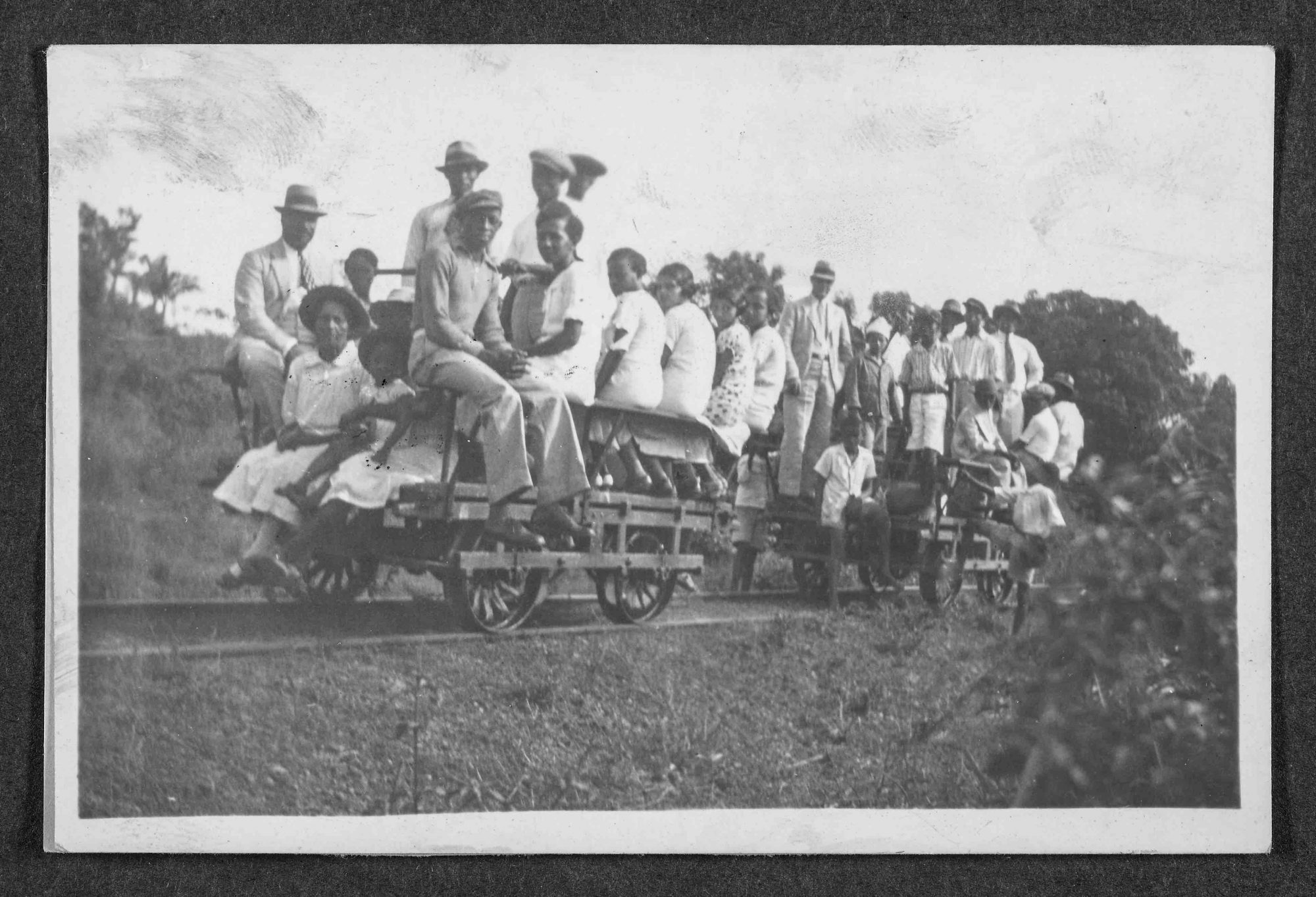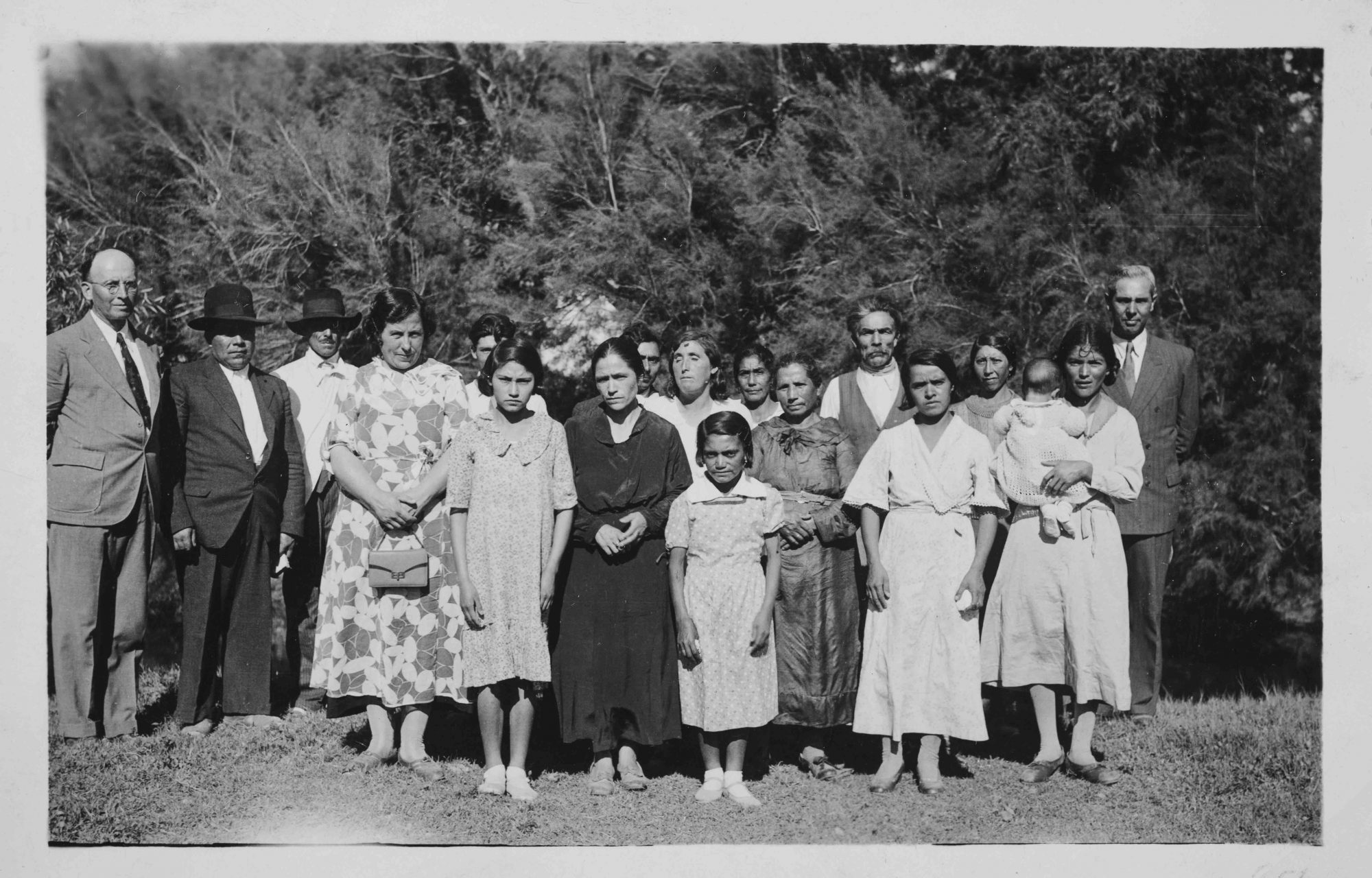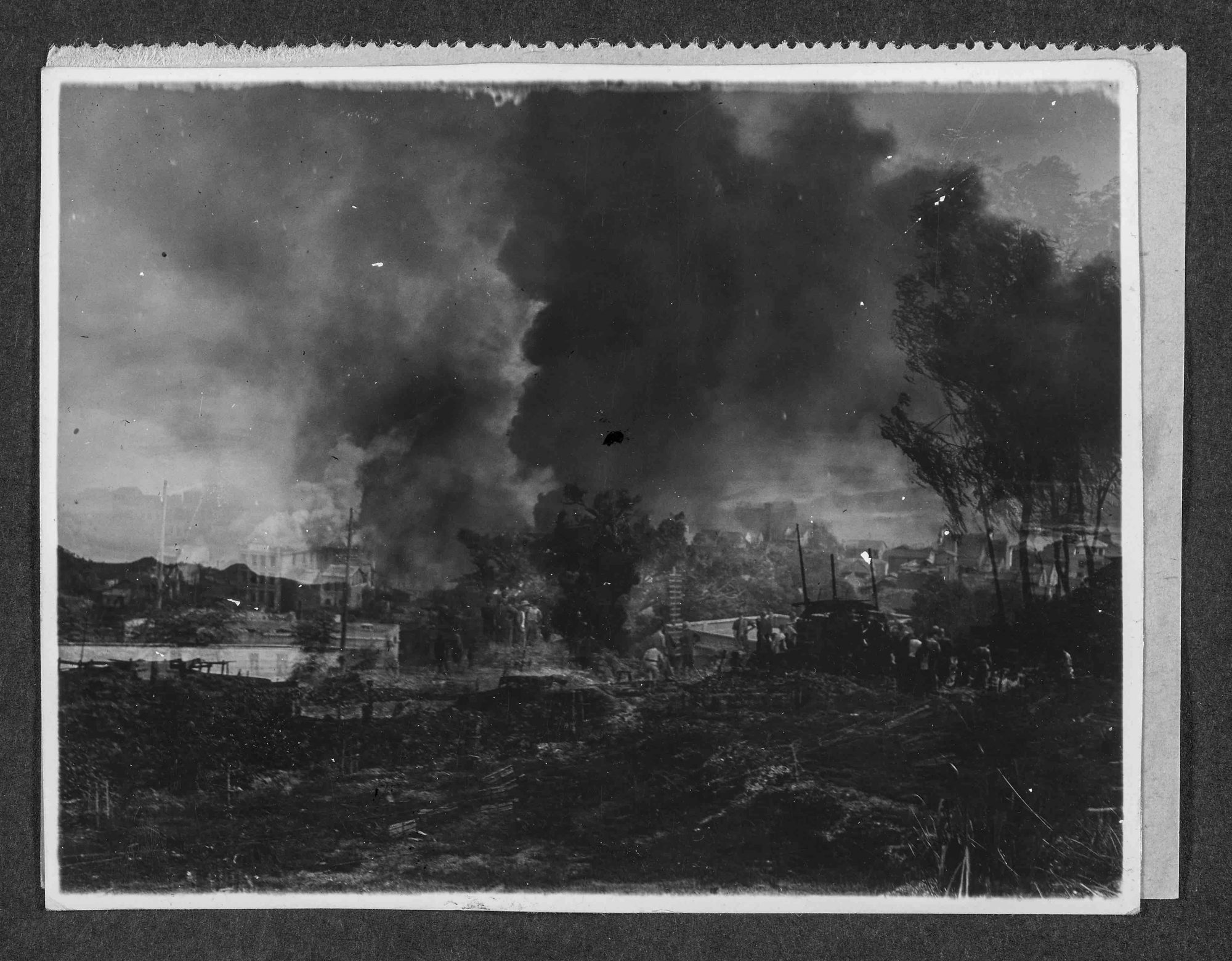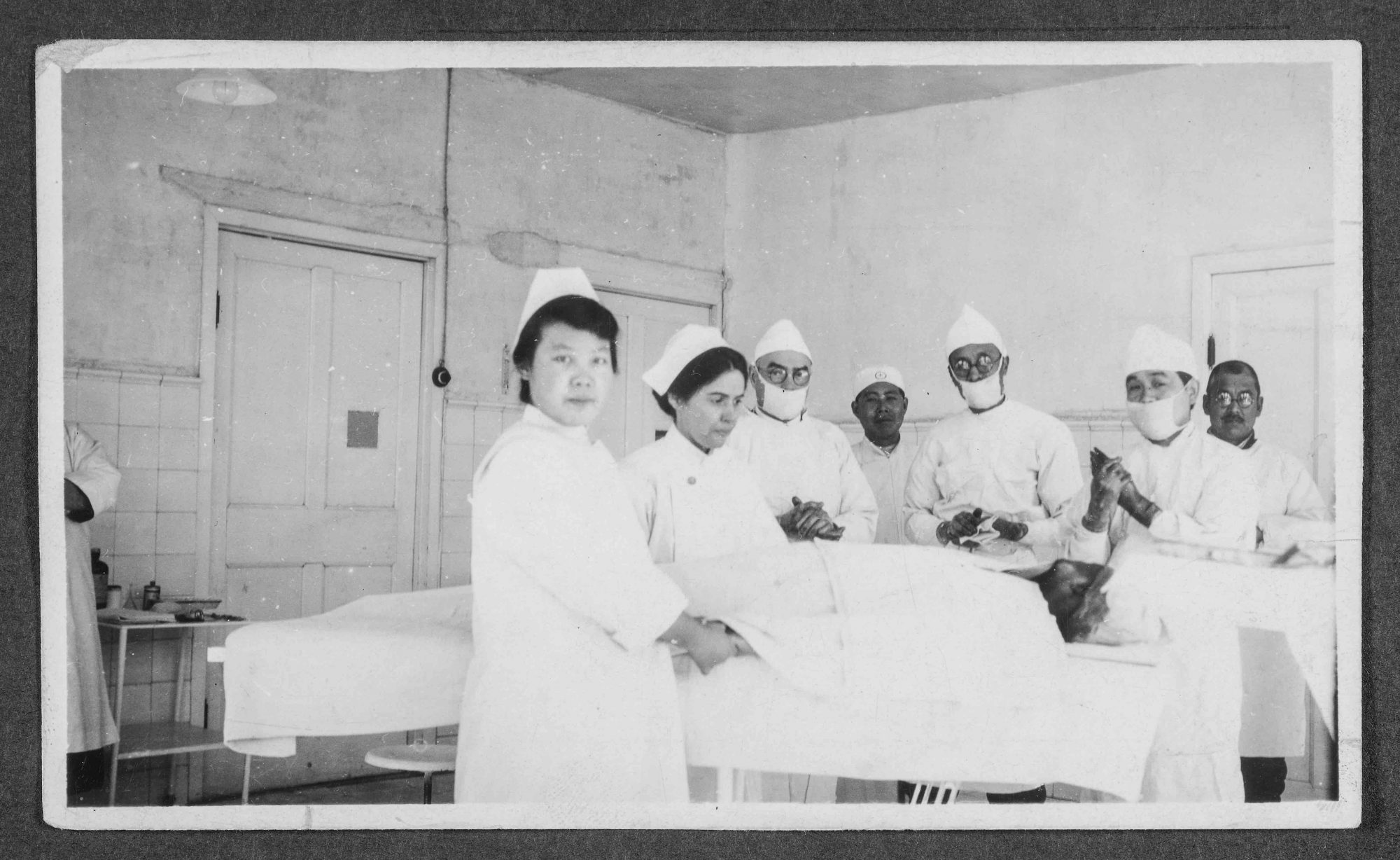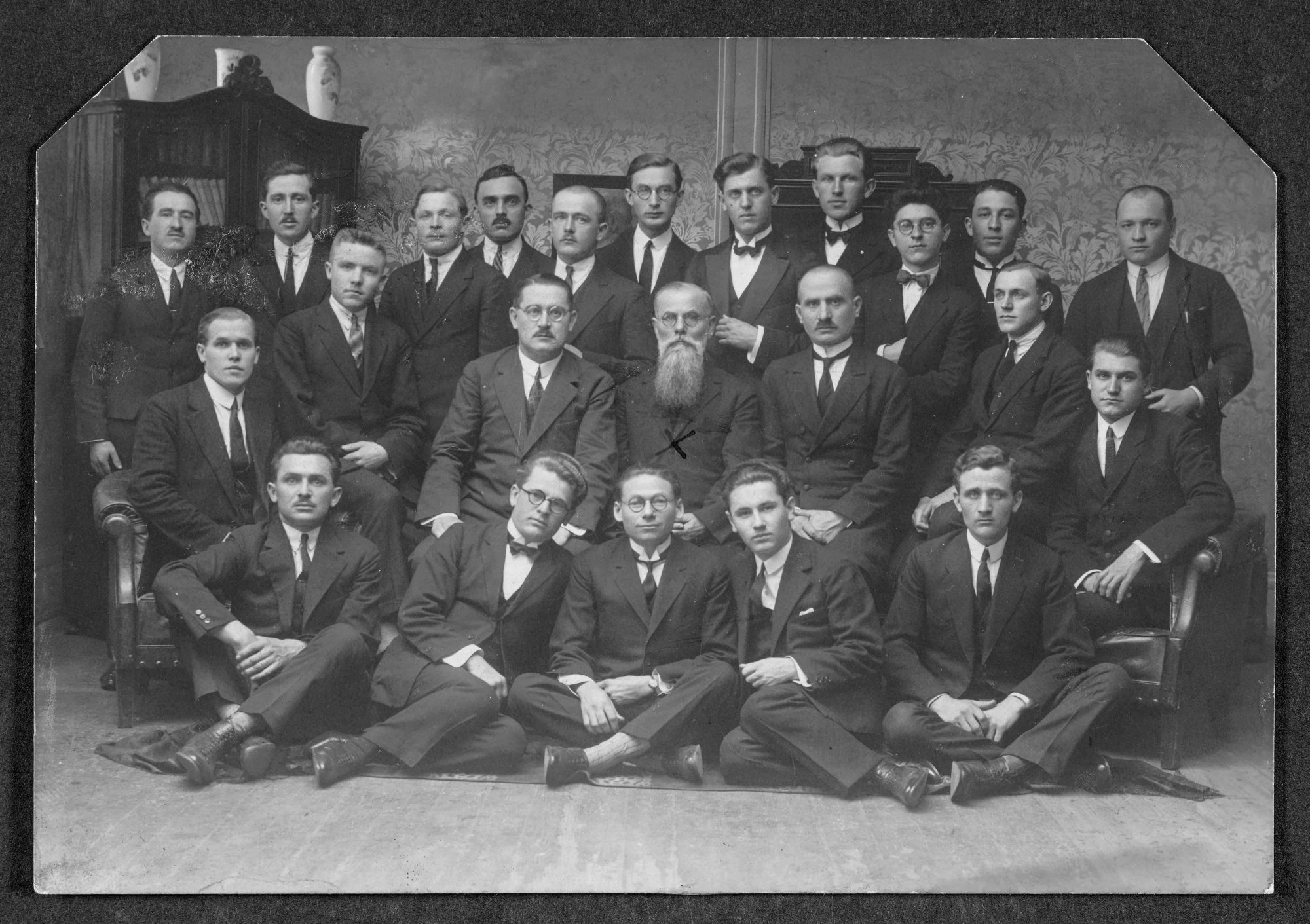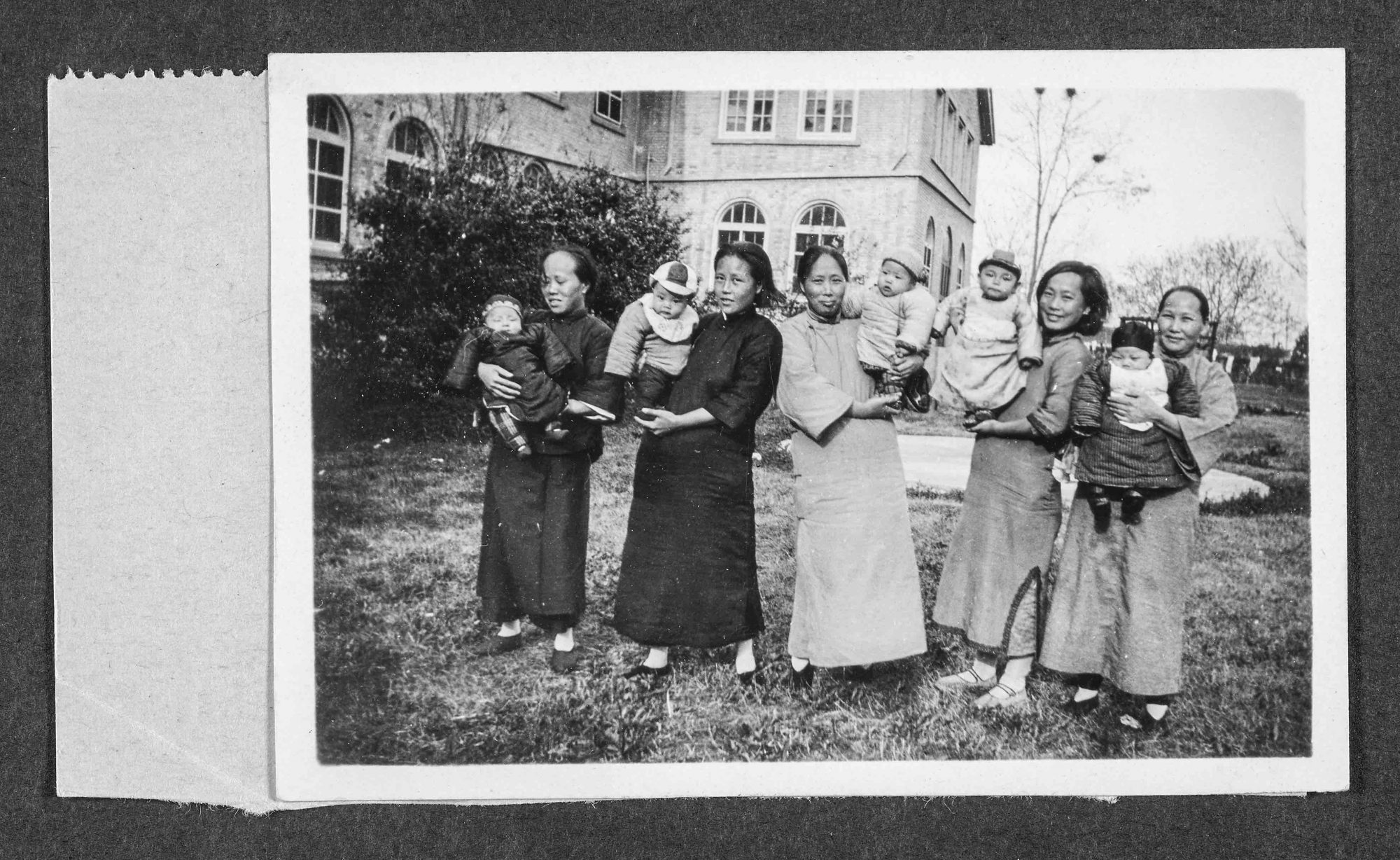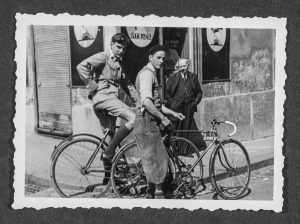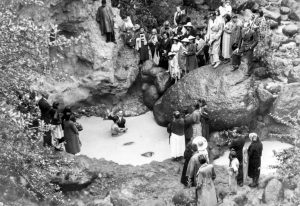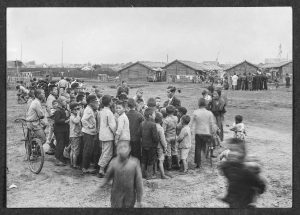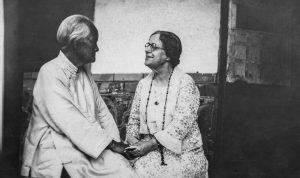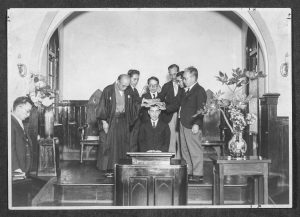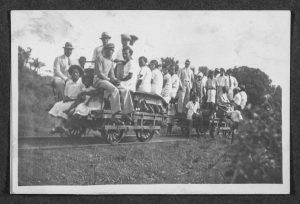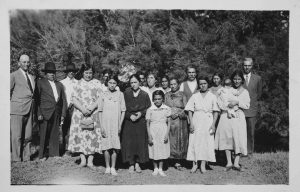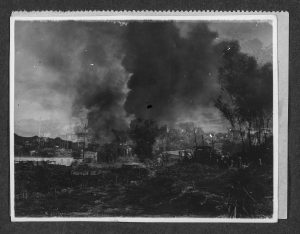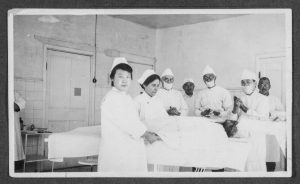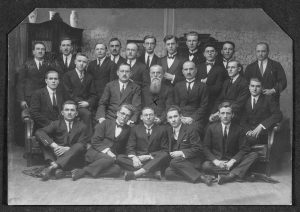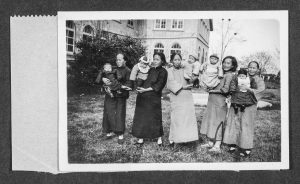1930s
FMB work was severely hampered by debt, the Great Depression and looming world war. In Europe there was rising persecution against Baptists, and in Asia many missionaries evacuated after Japan attacked China.
The 1930s saw virtually no growth in missionary numbers as the Foreign Mission Board dealt with extensive debt and the residual effects of the Great Depression. Over 30 furloughing missionaries had to get jobs in the U.S. until sufficient funds were found, while others were told they likely could never go back overseas. The FMB was widely considered a “basket case” that no one wanted to touch. But well-known Baptist Charles Maddry was up for the challenge. After he was elected FMB executive leader, he stood up to bankers who were demanding immediate loan and interest payments, claiming the results would be disastrous for foreign mission work. He reminded bankers that they had never lost a cent from the board, guaranteed Southern Baptists would pay back every penny, and claimed their intentions were akin to “killing the goose that laid the golden egg.” The bankers agreed, and the FMB continued to function. By the time Maddry retired in 1944, the debt had been paid, and the organization had almost $700,000 in the bank.
Despite the lack of growth in missionary numbers, there were other significant accomplishments in this decade. Maddry began republishing The Commission magazine, which brought the stories of foreign missions into thousands of Southern Baptist households. He also started a missionary pension plan and appointed field leaders to help administrate overseas work.
Near the end of the decade, missionaries were affected by conflicts that would soon lead to a second World War. In Europe there was rising persecution against Baptists, and the onset of war in China and Japan led to the evacuation of most missionary families. Missionary field leader M. Theron Rankin reported, “The outlook is dark, but we are in no sense despairing. Whatever the conditions of the future, we are going on with God’s Kingdom work.”
IMB Milestones
Significant Ministry Events
Charles E. Maddry Elected Executive Leader
Charles E. Maddry, executive secretary of the SBC’s department of missionary promotion, was elected leader of the Foreign Mission Board. His strong business sense guided the organization out of crushing debt and into a new era of faith and vision, despite the challenges of World War II. His organizational restructuring led to the development of field administrative positions to oversee the work of 500 missionaries on three continents.
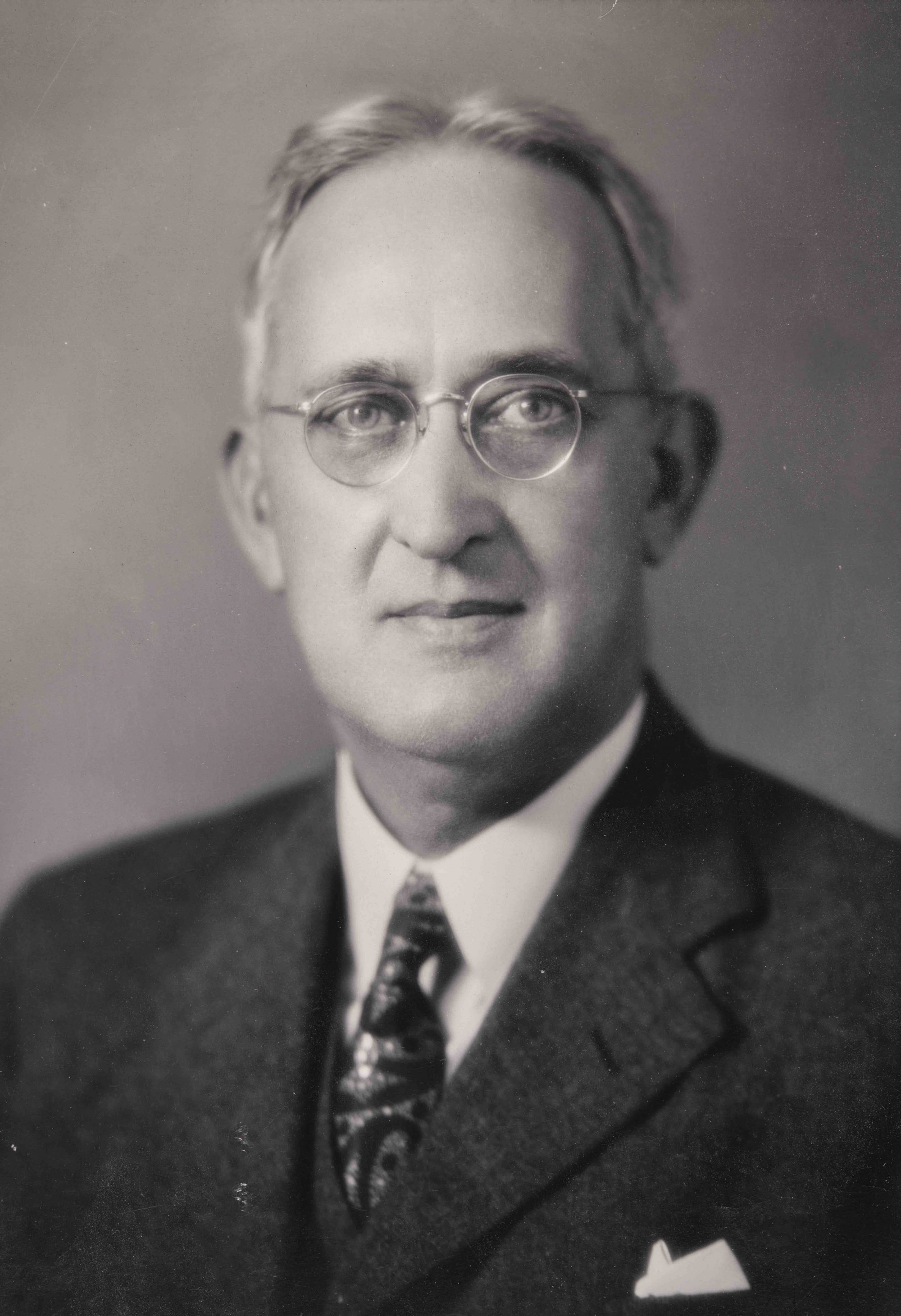
First Native American Missionary Appointed
The Foreign Mission Board appointed the first Native American Southern Baptist missionary, Jewell Starr Reid, of Cherokee ancestry. She and her husband, Orvil, served in Mexico, where she died in 1940.
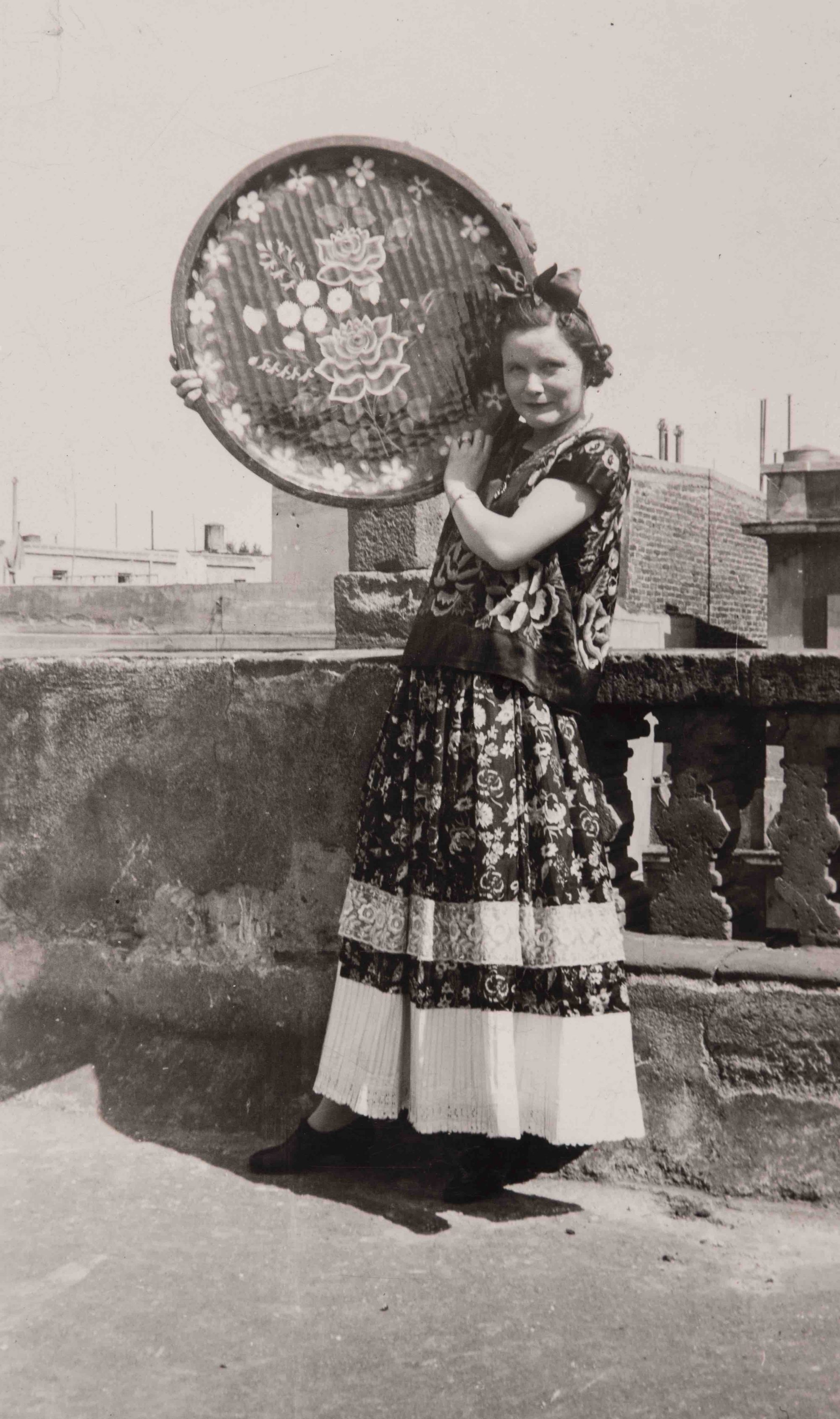
Missions in Context
Major World Events
Great Depression Crippled the U.S.
The Dust Bowl, caused by severe drought in the Great Plains, wreaked havoc and added to the financial crisis known as the Great Depression, which marked its beginning with the Stock Market Crash of October 1929. In the devastating financial climate, the Foreign Mission Board found itself overextended and deeply in debt. The appointment of new missionaries was suspended and 32 people on furlough were dismissed or told to look for jobs in the U.S. until the FMB was able to support them later in the ‘30s.
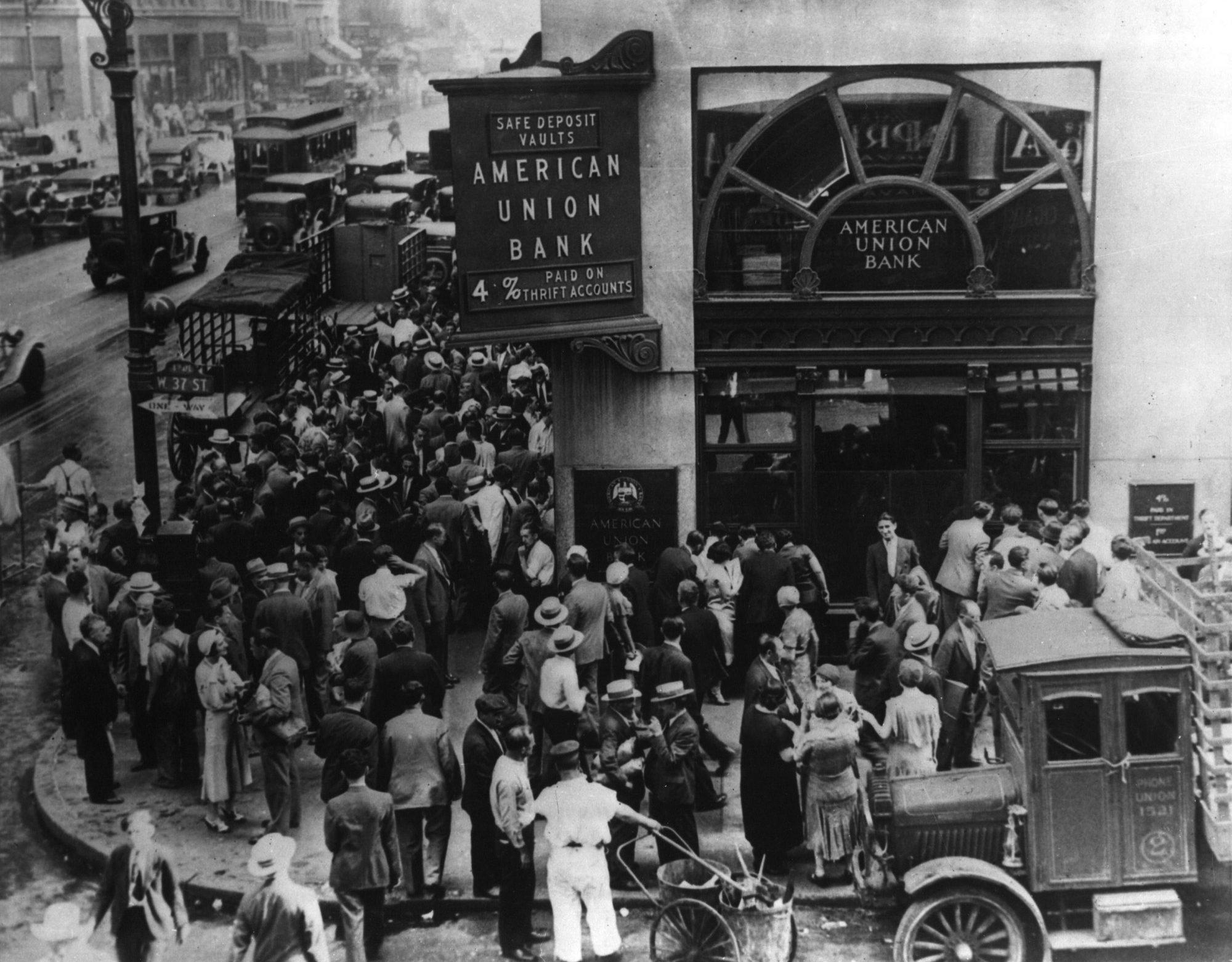
Japan Invaded Manchuria
Japan invaded Manchuria to bolster its own struggling economy with Manchuria’s rich natural resources. Some consider this to be the beginning of the Second Sino-Japanese War, which merged with World War II. In 1937, the Foreign Mission Board began evacuating most missionary wives and children and those with health concerns from China, as well as many of its missionaries from Japan. When the U.S. entered the war in late 1941, at least 88 missionaries were imprisoned in China, Japan and Manila.
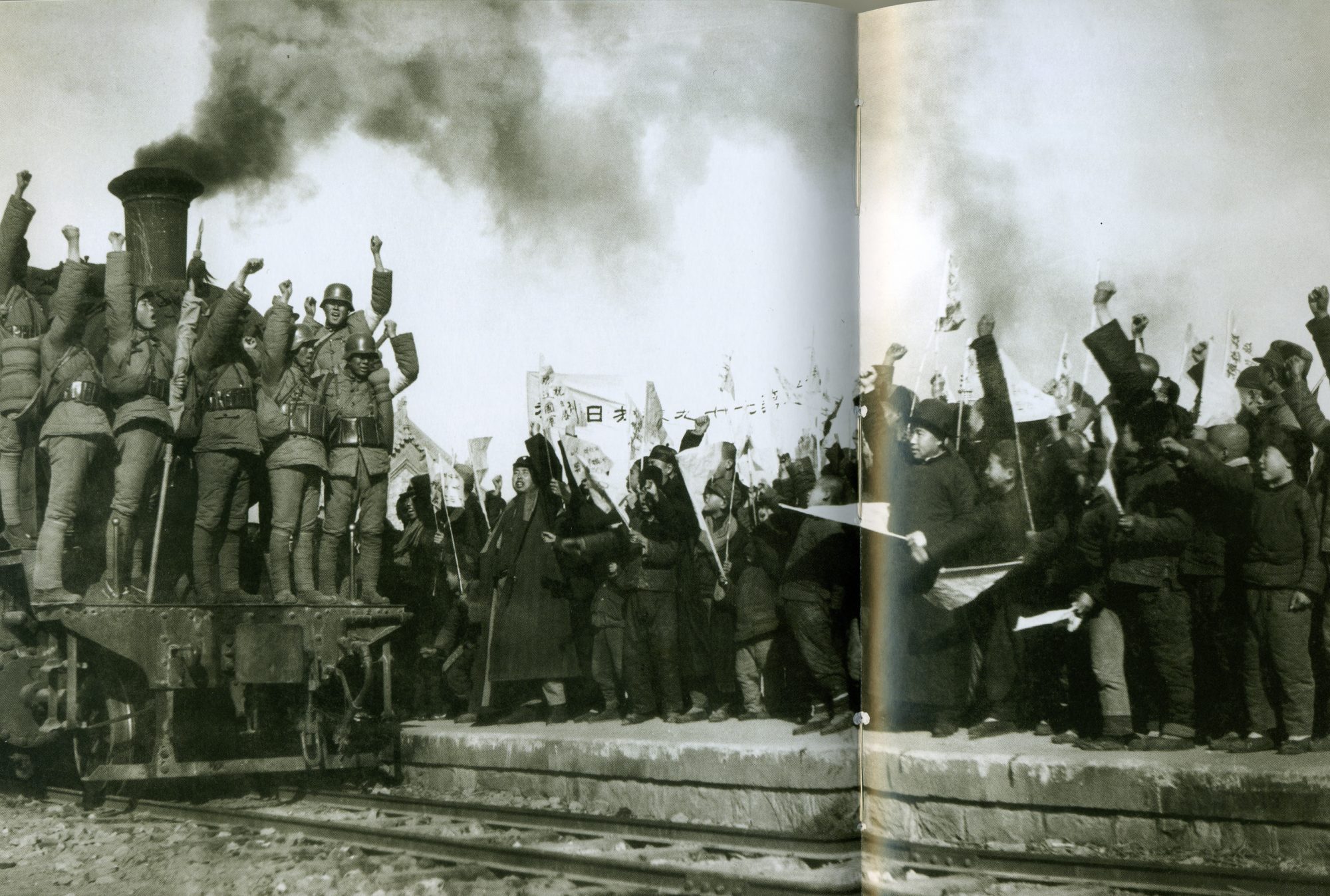
U.S. Recognized U.S.S.R.
Following the Russian Revolution of 1917, when Lenin and the Bolsheviks refused to pay the tsarist debt, the United States broke off diplomatic relations with the Soviet Union. In 1933, President Franklin Delano Roosevelt sought to resume relations for a variety of reasons, including helping to further U.S. commercial interests during the Depression. The U.S. and the U.S.S.R. were allies during World War II, along with Great Britain.

Hitler Became Fuhrer of Germany
Following the death of Germany’s president, Paul von Hindenberg, Chancellor Adolf Hitler seized power and declared himself the Fuhrer of Germany. Due to heavy reparations following their defeat in World War I and the worldwide economic depression, Germany was swayed by Hitler’s nationalistic ideology and powerful rhetoric. Hitler and the Nazis were responsible for the Holocaust, in which 6 million Jews, along with others deemed to be “undesirable,” were murdered.
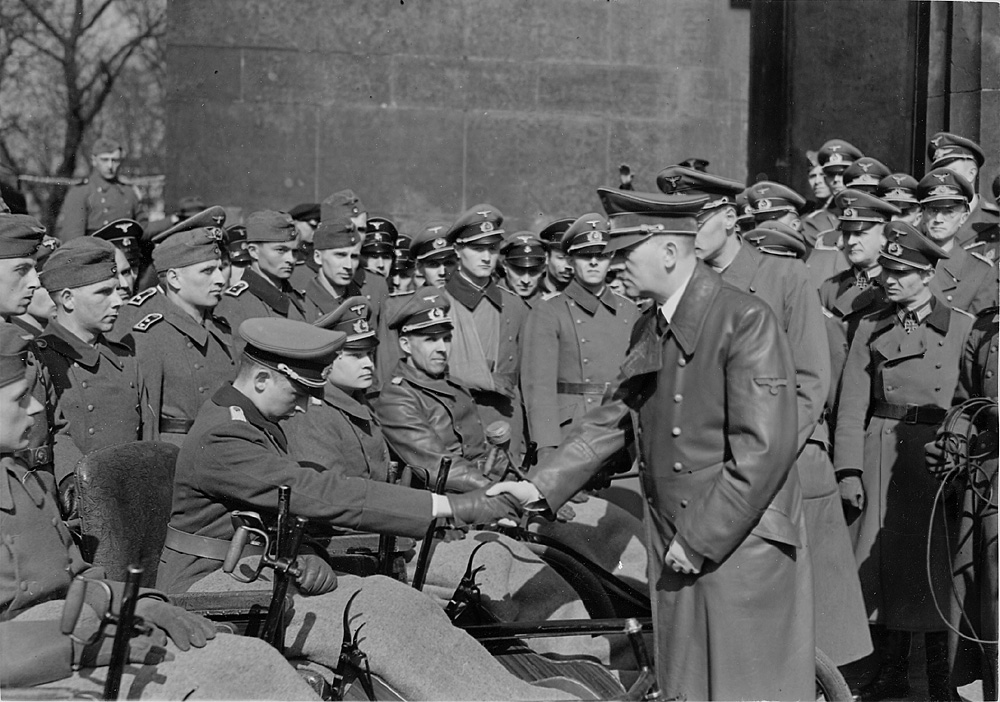
Franco Became Dictator in Spanish Civil War
In 1931, King Alfonso XIII of Spain submitted to pressure for the establishment of a republic and subsequent elections, and the Second Spanish Republic came into existence. In July 1936, the Fascist Nationalists, led by General Francisco Franco and allied with Hitler and Mussolini, overthrew the Socialist Republicans, who were supported by the Soviet Union and Mexico. Franco became dictator of Spain until his death in 1975.
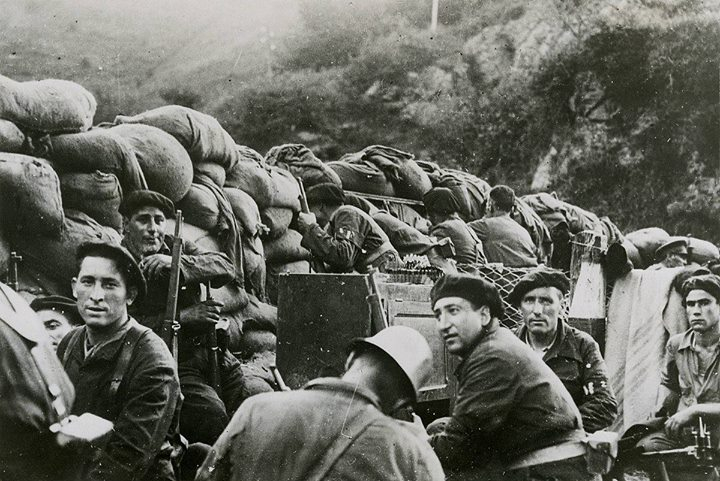
World War II Devasted Globe
Beginning with Hitler’s invasion of Poland on September 1, 1939, World War II became a global conflict leaving between 70 and 85 million people dead. Just over 20 years after “The War to End All Wars,” this new war involved more than 30 countries. In 1941, future FMB leader M. Theron Rankin and other Southern Baptist missionaries were imprisoned by the Japanese. Most were returned to the U.S. in 1942 or 1943, but one died in captivity, seven were not liberated until 1945, and three were detained in Macao throughout the war.
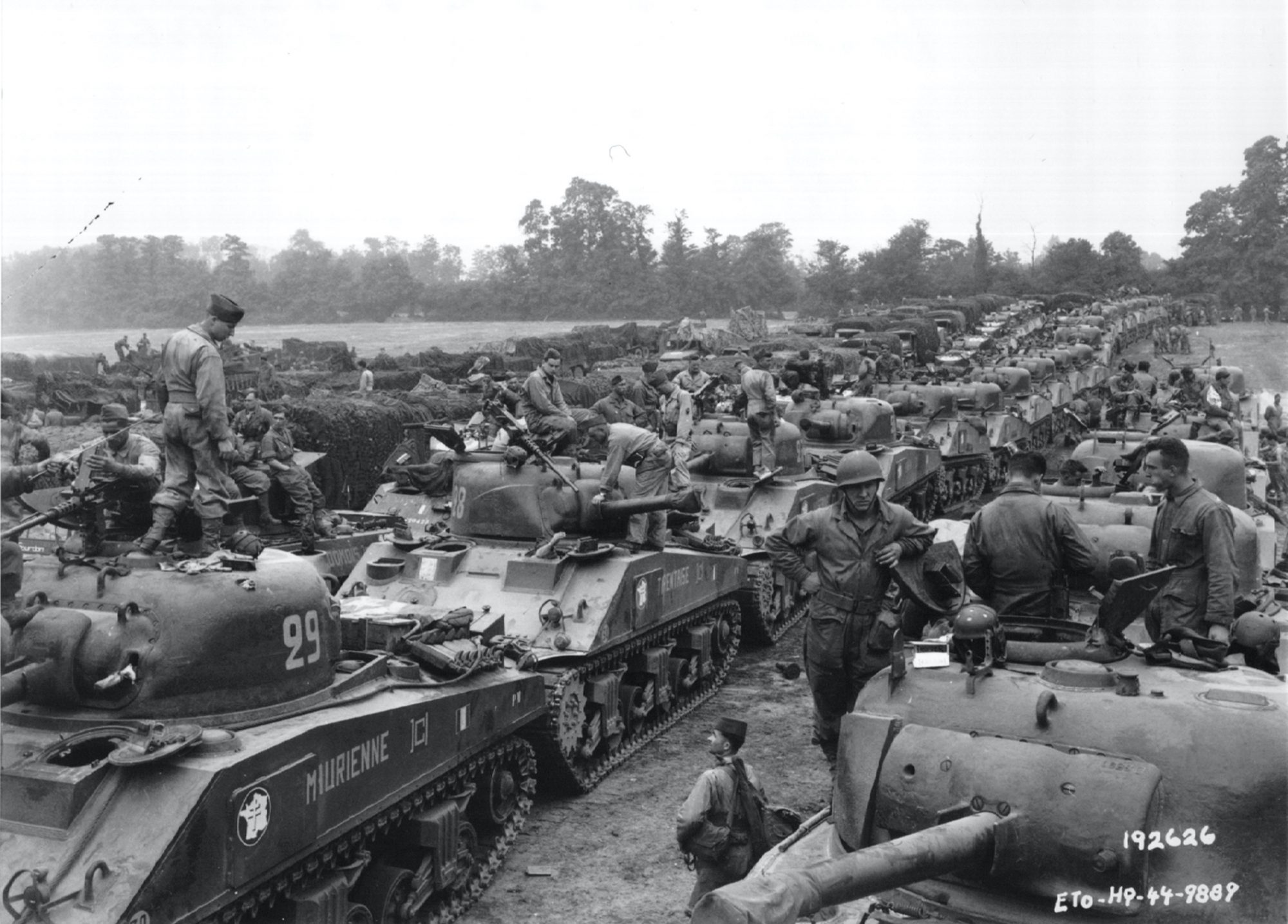
Missionary Profiles
Honoring Faithful Service
Bertha Smith
Miss Bertha sat in the dark room waiting for her friend to respond. Her friend was so ashamed, she wouldn’t even allow a candle to be lit so Bertha could see her face.
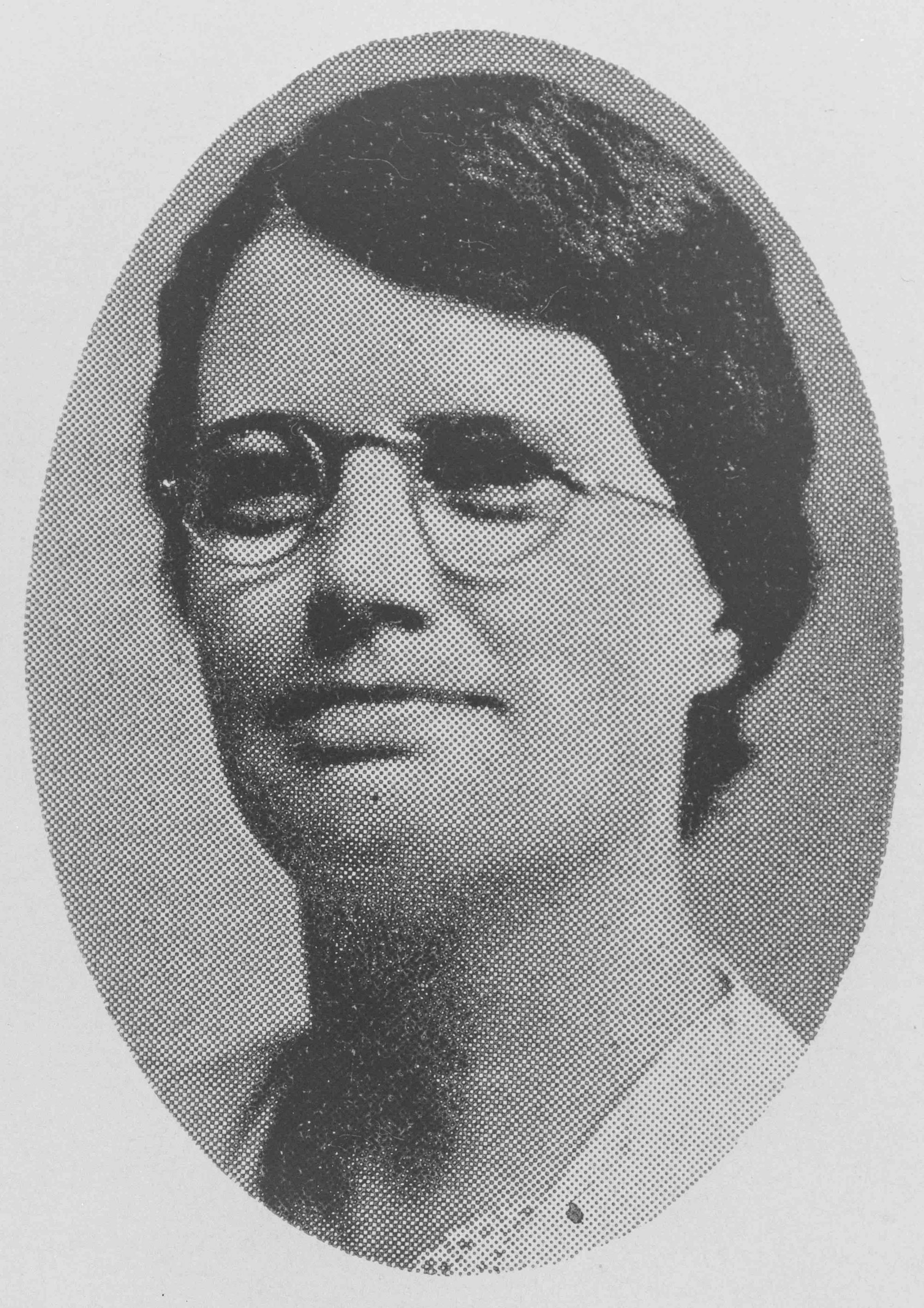
Kathleen Manley
At eight days old, Jolade had tetanus, a disease with a 100 percent infant mortality rate. Fearful, her mother came to the clinic where Kathleen served as a missionary and nurse.
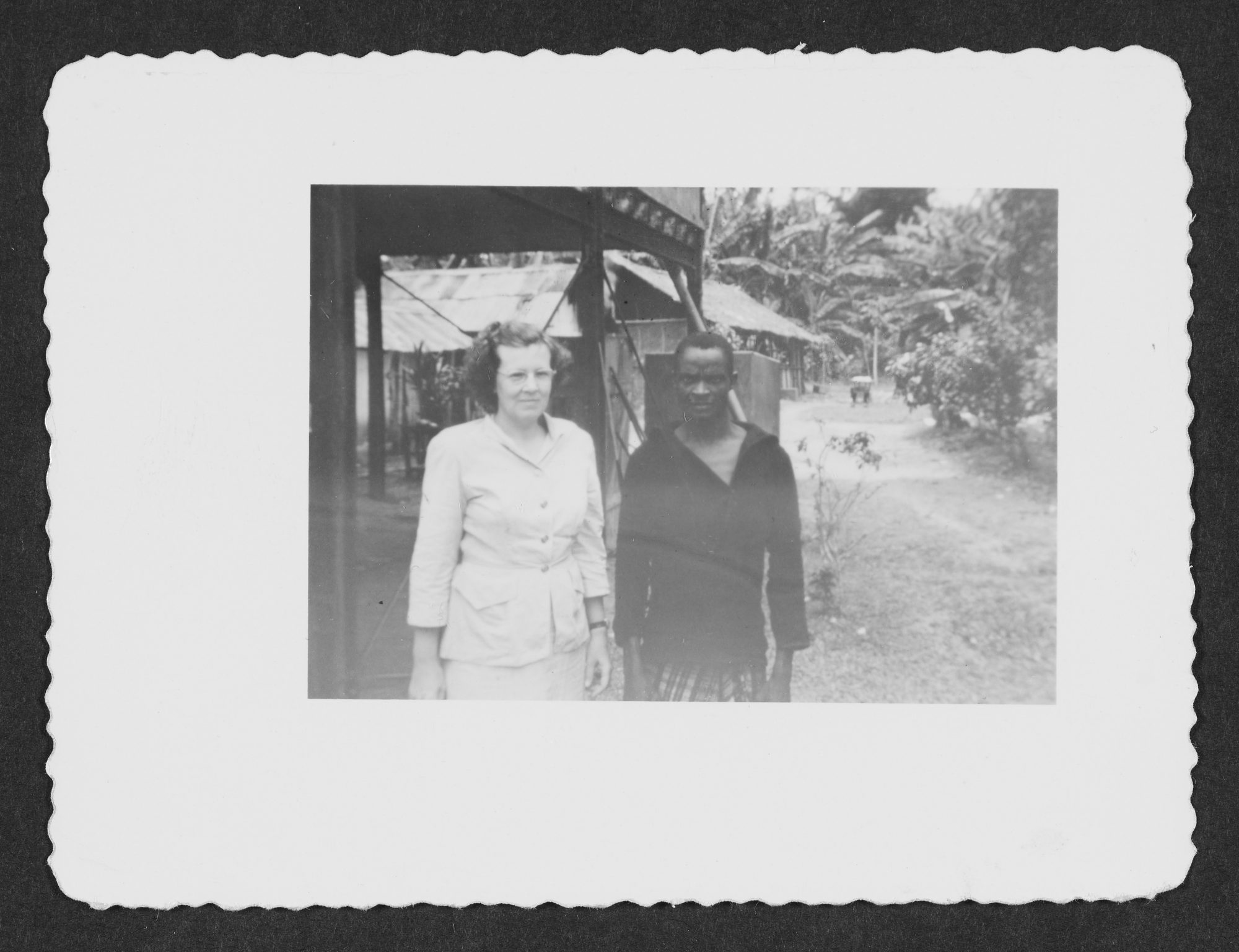
M. Theron Rankin
The first missionary to become the FMB's executive leader served time in a Japanese prisoner of war camp.
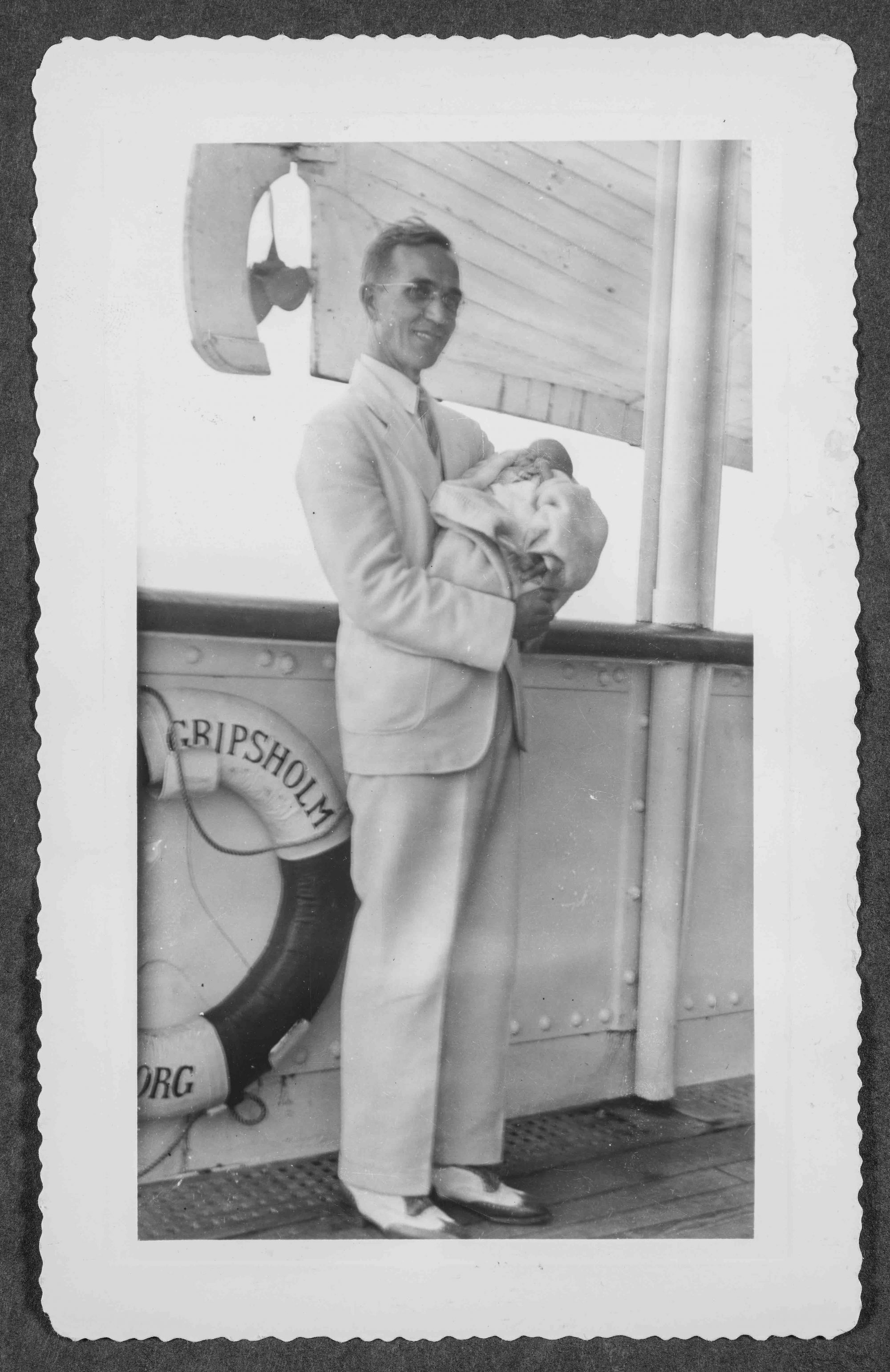
Orvil Reid
Tears flowed freely, but so did songs of praise. Just two years into his missionary term, Orvil stood at his wife’s funeral with his son.
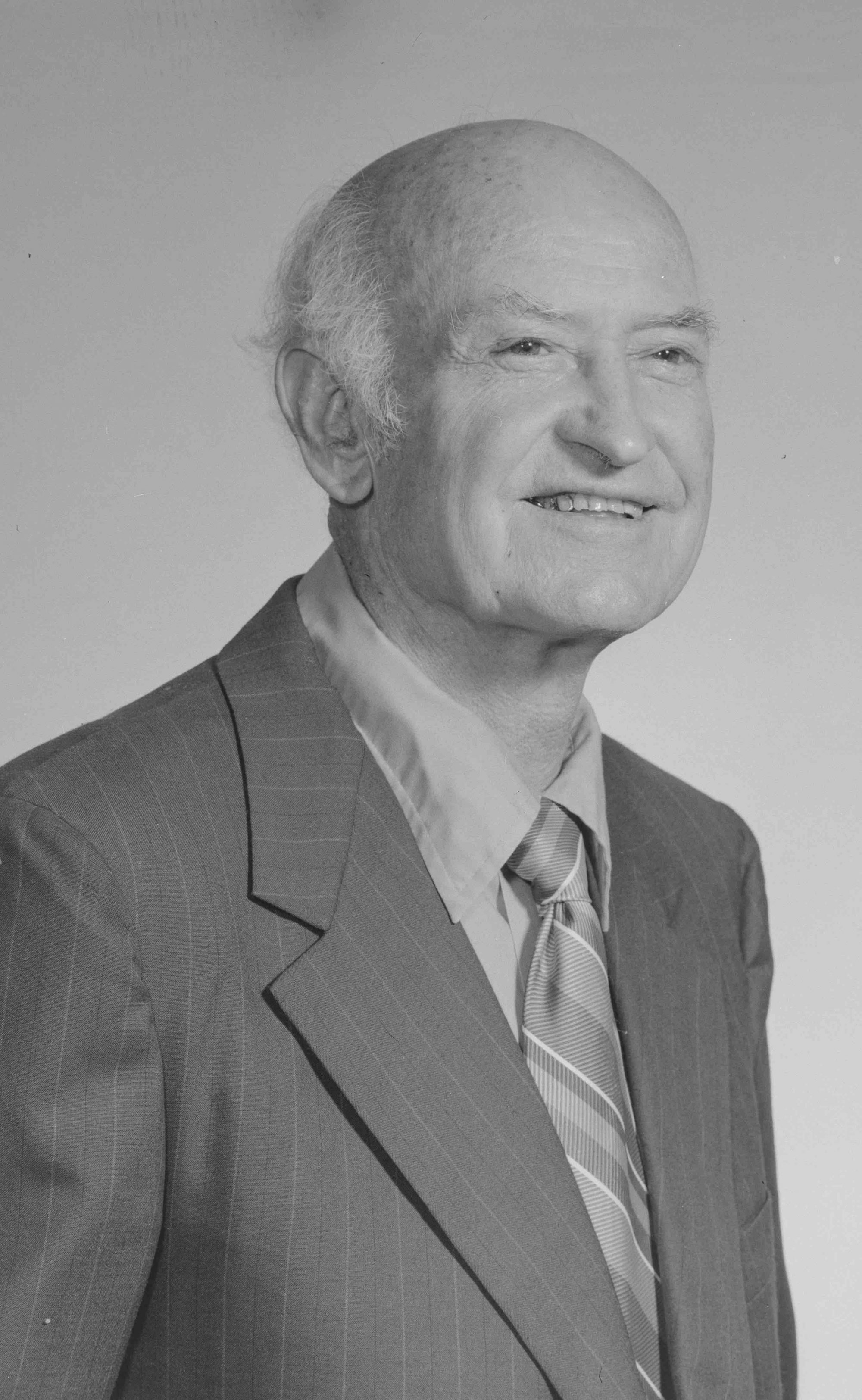
Rex Ray
The opportunity to escape from bandits seemed near until he heard the Lord say, “No, not tonight. My grace is sufficient for you.” When would his captivity end?
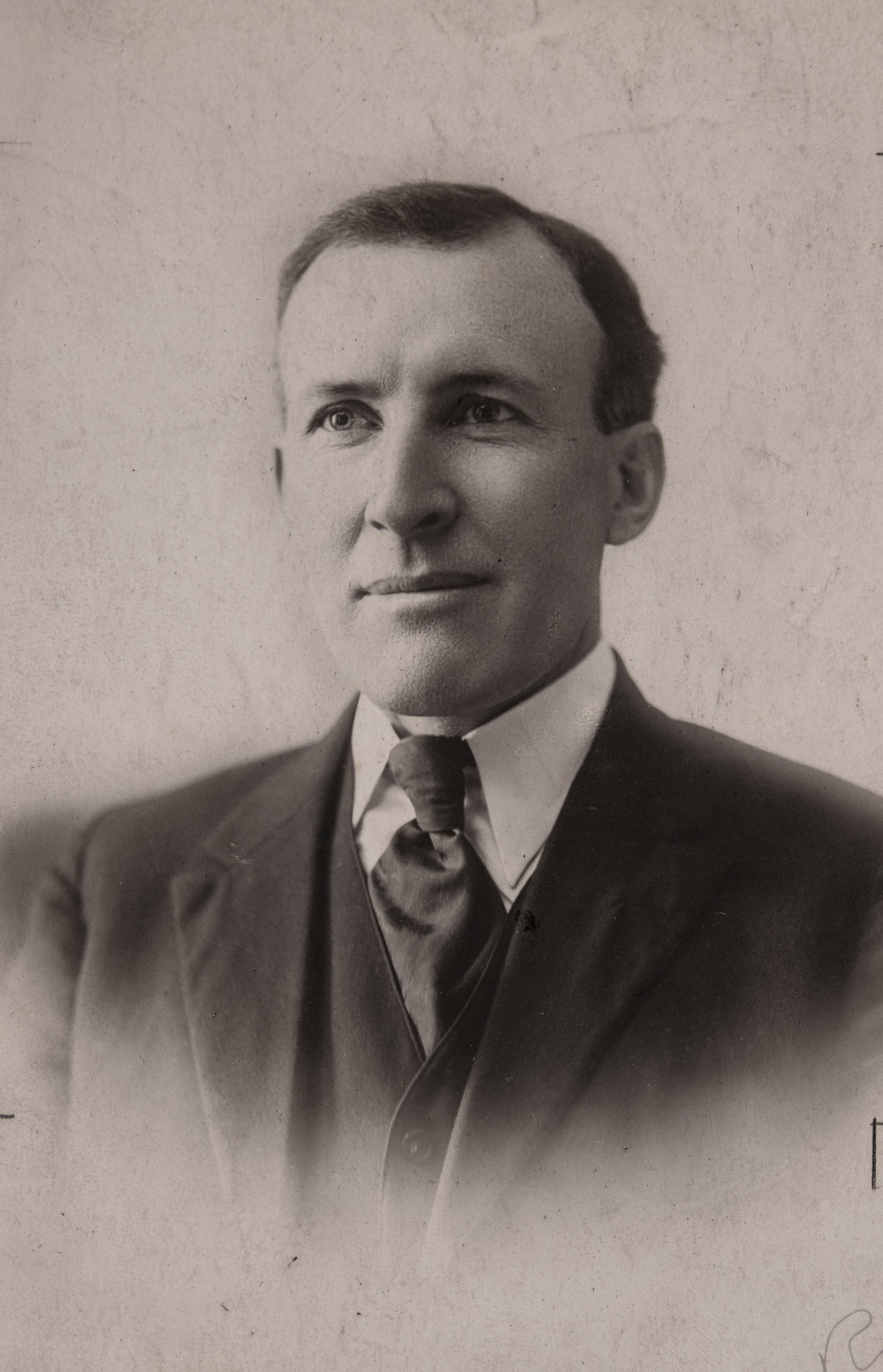
God at Work
Stories From The Field
Baptist Hospital, Missionaries Aid Wartime Refugees in China
In the middle of February Chengchow got its first storm of fire. Twenty-four Japanese planes came over at dawn and rained about two hundred bombs on the city. The destruction of lives and property was terrific, over twelve hundred being killed and wounded. Four bombs landed on the [Baptist] hospital compound, damaging some of the buildings and slightly wounding four patients. ...
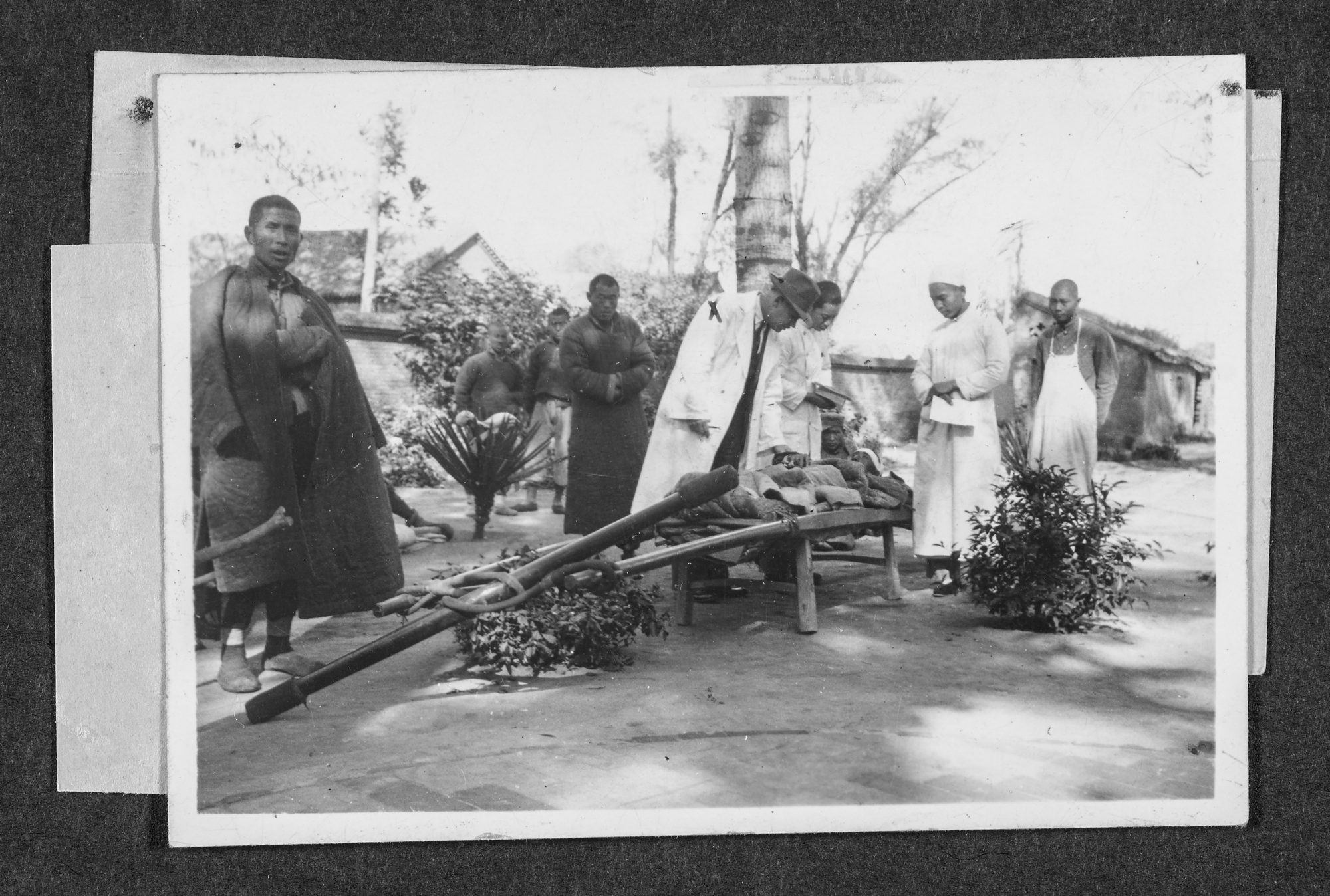
Motherless Babies Receive Care in Nigeria
Missionary Ruth M. Kersey writes from West Africa: In Nigeria many women die at the time of the delivery of their children. These babies are usually very small, often premature and weighing anywhere from three to five pounds. The people realize that it is almost impossible for them to rear these babies ...
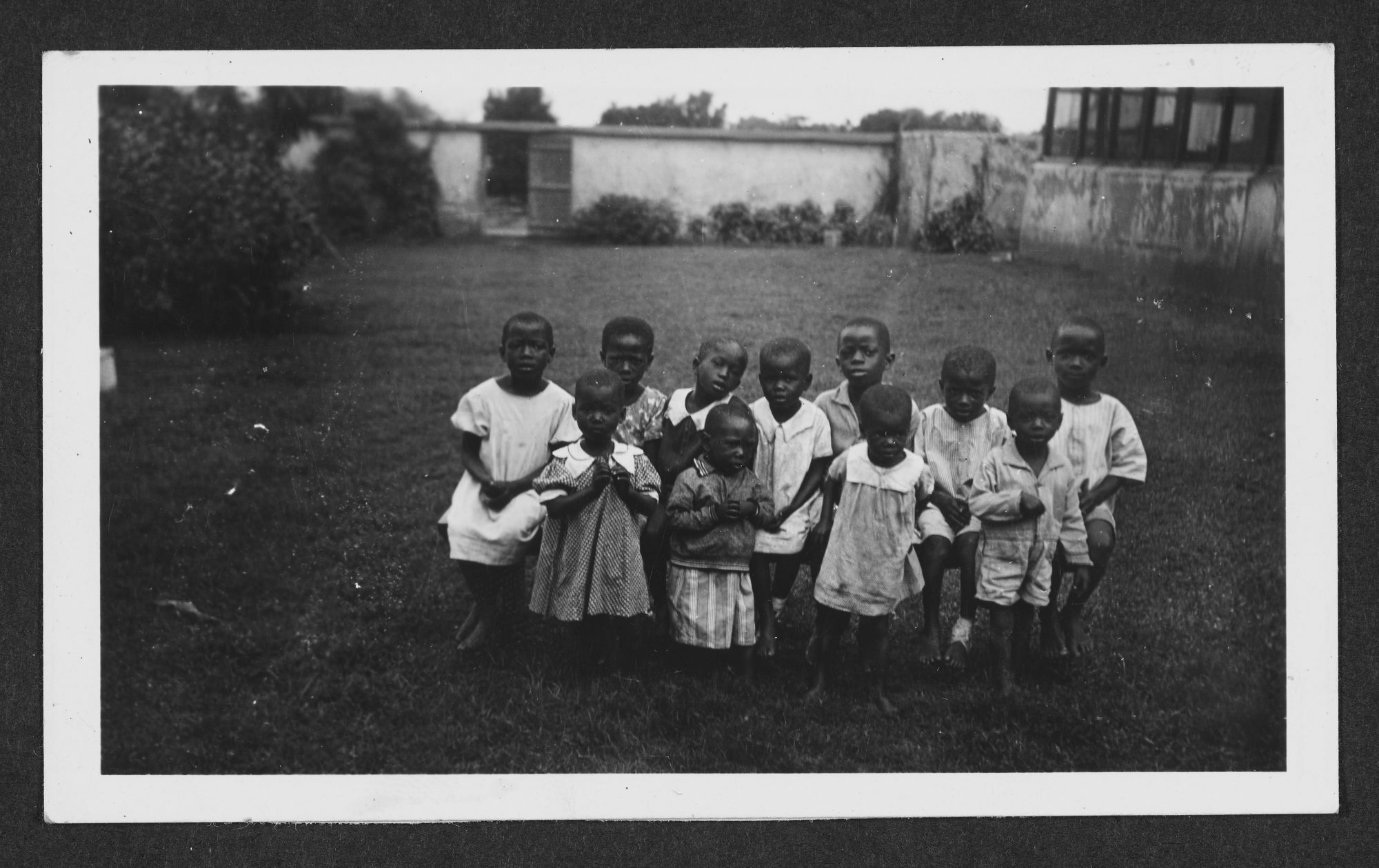
Missionary Evades Blockade in WWII China
The Japanese attacked China in the summer of 1937, and war was on. Many factions of Chinese armies who had been fighting each other quickly united against their common enemy. Soon Japanese planes began to bomb Wuchow. There were no adequate air raid shelters in Wuchow, so great throngs of people rushed to Stout Memorial Baptist Hospital for shelter. …
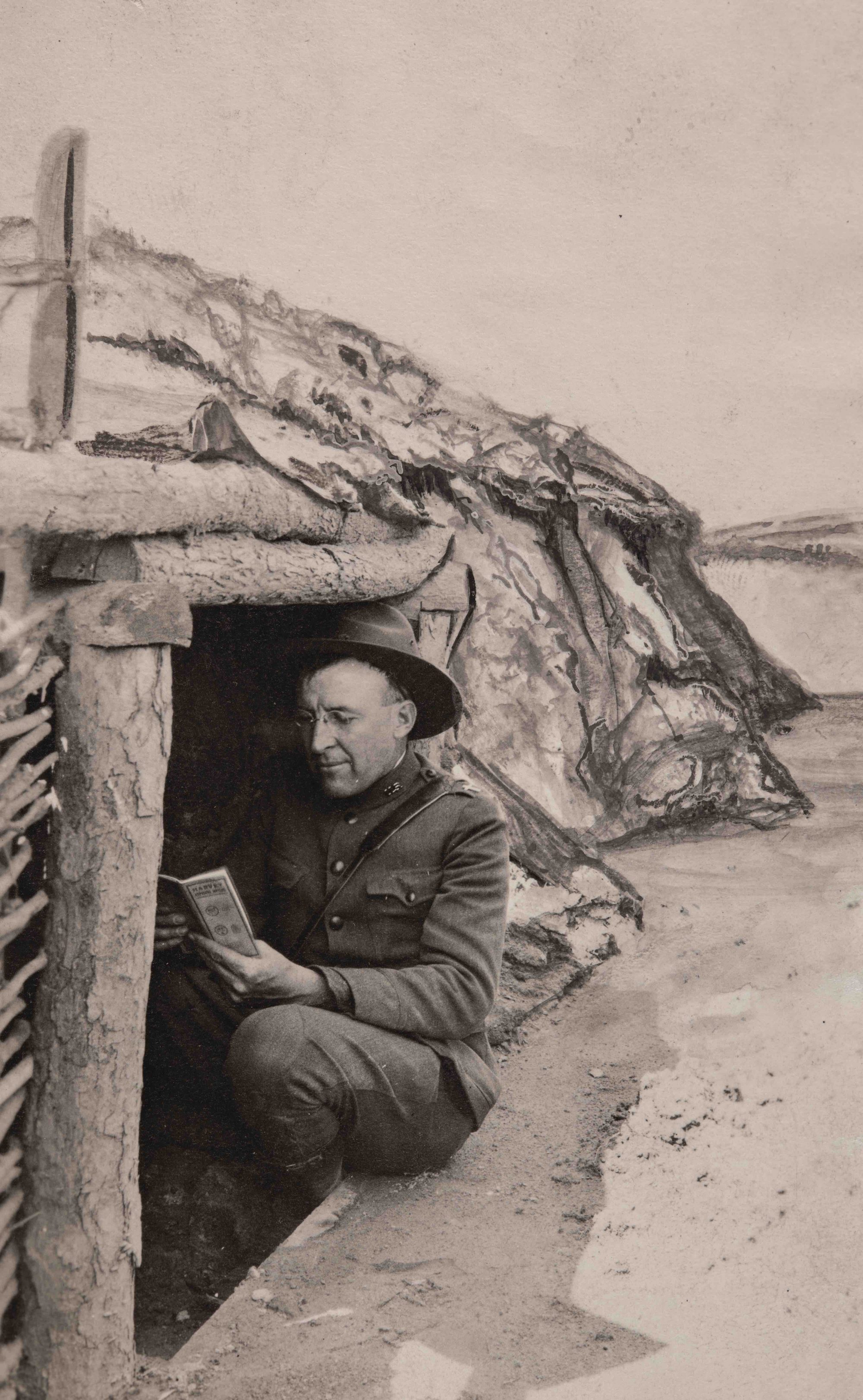
Grateful and Proud
Depression-era widow Ami Fort dedicated her son to God, spurring a commitment to missions passed on through generations.


